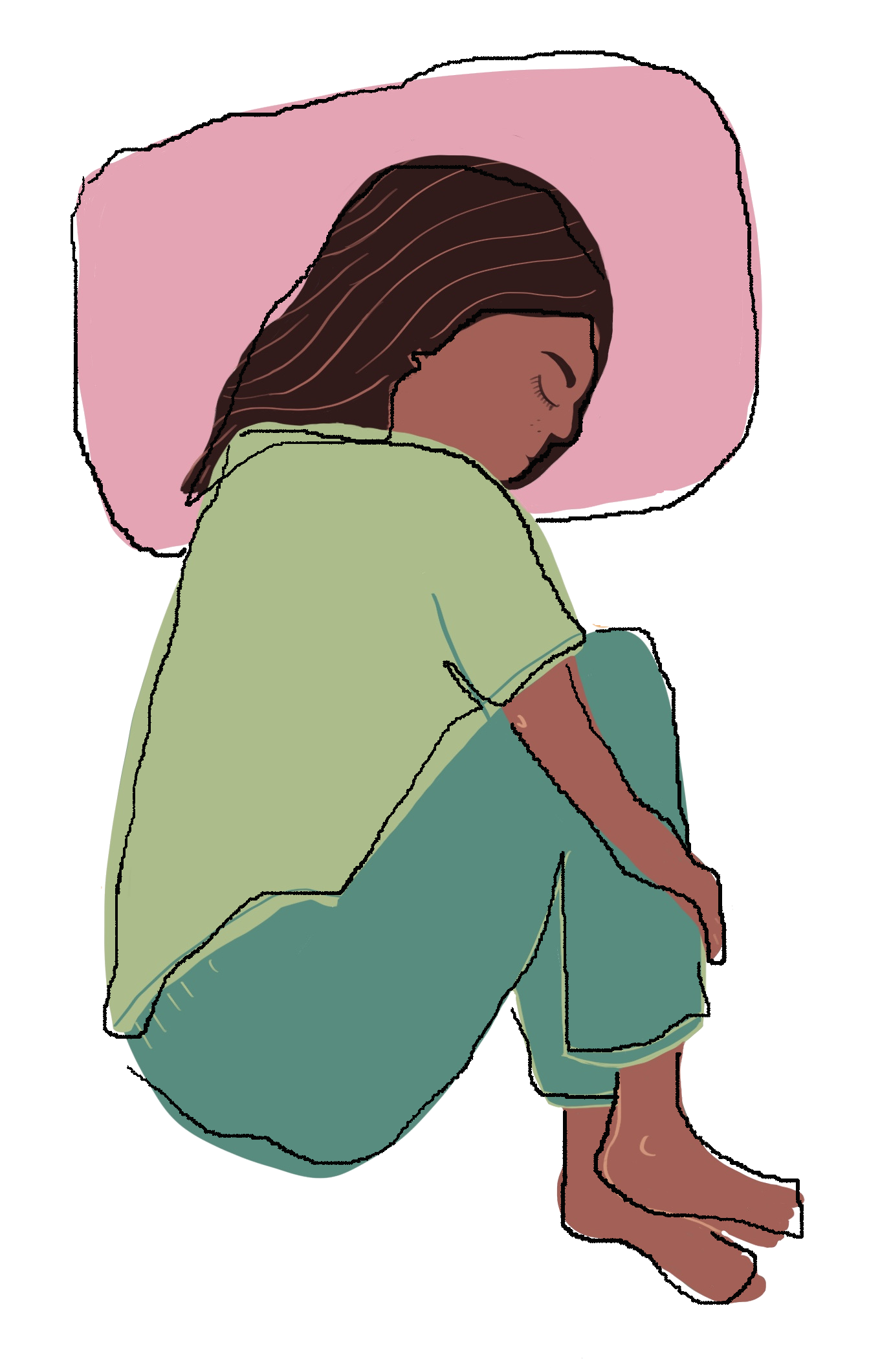Will this damage my kid?
Most parents with cancer feel guilty that their illness will damage their child’s life in some way. We know that children who face difficult challenges often become more resourceful, resilient and prepared for adulthood. Below are some suggestions, ideas and thoughts. However, if you need more help, contact Maggie’s who can provide free psychological support at their centres or online.
-
Firstly, kids often feel powerless when their parent is sick, so having something tangible like a household chore or task makes them feel included and helpful. Together make up a list of things they are willing to do, or can do with minimal interference from an adult, (see our age-appropriate list) and have a trial week. You could have a chart and perhaps a reward system.
After a week, sit down and ask them how it is going. Can they do more (explain why it would be very helpful if they could), or do they need to do less because they feel overwhelmed, can’t finish schoolwork etc. Keep checking in and reviewing what they are doing. Be led by what they are telling you.
-
Little kids tend not to have much of a filter, are super curious and love learning. Jump on this opportunity to tell them everything. Use resources that they can understand and ask if they can come into the clinic and meet your CNS. They don’t have the same fears around medical health stuff because they have little reference, and don’t link it to negative experiences.
So, show them your port, stoma, drain. Make their teddy have one too or play hospitals with them. This is all positive as it is normalising what is happening, removing any fears they may begin to have, and understand that they can talk to you about everything.
-
Absolutely. Obviously ask your CNS or healthcare team beforehand just in case there is some safeguarding or risk element (if there is, ask for an alternative like attending a well-being day in the hospital).
Introduce them to those who look after you. Allowing them to ask your healthcare team questions is both comforting and empowering. Showing them to see where you lie or sit during treatment can help them visualise where you go when you go to the hospital. They no longer need to rely on their overactive wild imaginations!
If you can’t take them into hospital, how about Facetiming/Whatsapp video calling instead.
-
They might actually enjoy this. Some kid’s lives are packed with after school activities everyday so they may be thankful for time to sit around watching the TV. Ask them, or do the ‘what is important in my life’ family activity to get an understanding of what they might be missing or might not. Together come up with plans to help them attend or do the things they want to do, like asking their auntie, uncle, or other family members/friends, to take them to the park, football practice, ballet class, Cubs etc.
Explain that life won’t always be like this. Write down fun things for the future (picnic in the park level) and pin it up. They can then see that things will be different.
